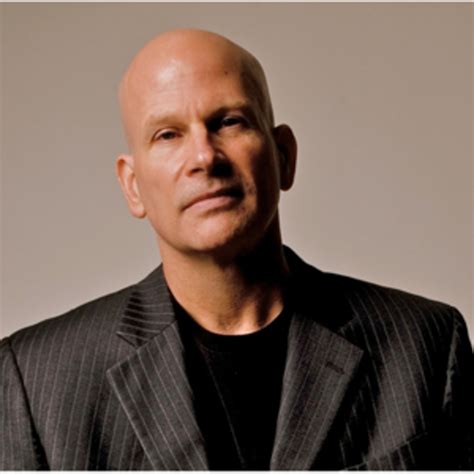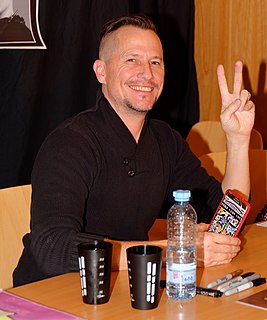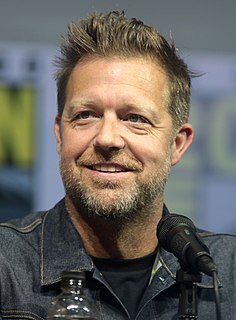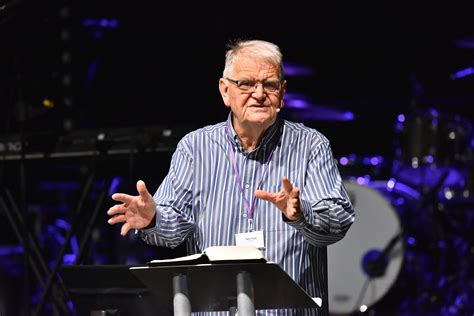A Quote by David Corbett
An intuitive grasp of your character is formed by exploring scenes of profound emotional import-moments of overwhelming shame, joy, fear, pride, regret, forgiveness.
Related Quotes
The very dull truth is that writing love scenes is the same as writing other scenes - your job is to be fully engaged in the character's experience. What does this mean to them? How are they changed by it, or not? I remember being a little nervous, as I am when writing any high-stakes, intense scene (death, sex, grief, joy).
laughter, that distinctively human emotion, laughter which springs from trust in the other, from willingness to put oneself momentarily in the other's place, even at one's own expense, is the special emotional basis of democratic procedures, just as pride is the emotion of an aristocracy, shame of a crowd that rules, and fear of a police state.
We should know that Allah has created us to live an eternal life with no death, a life of pride and ease with no humiliation, a life of security with no fear, a life of richness with no poverty, a life of joy with no pain, a life of perfection with no flaws. Allah is testing us in this world with a life that will end in death, a life of pride that is accompanied by humiliation and degradation, a life that is tainted by fear, where joy and ease are mixed with sorrow and pain.



































